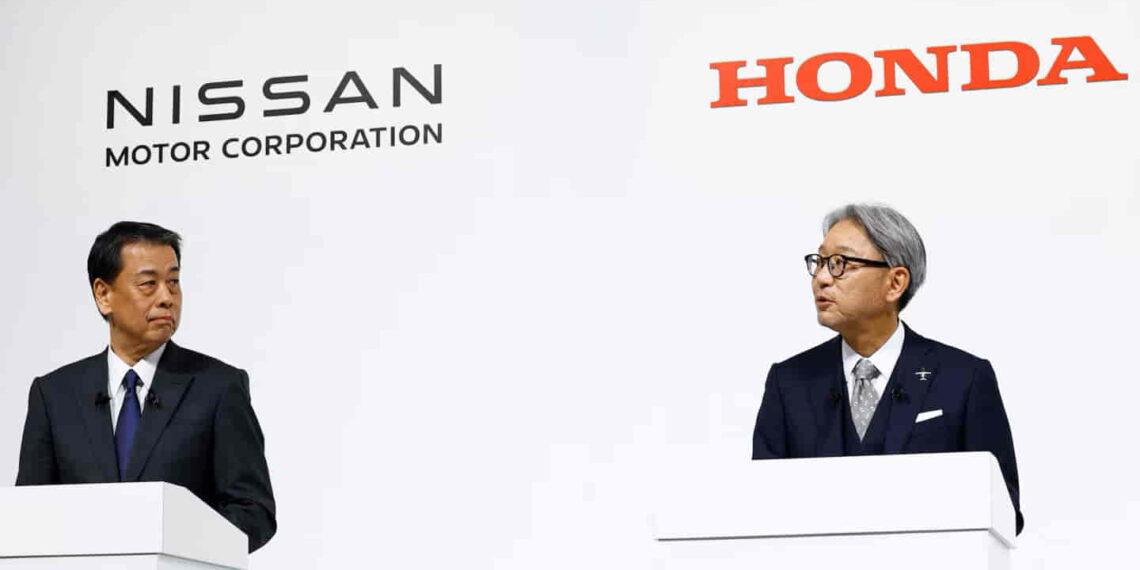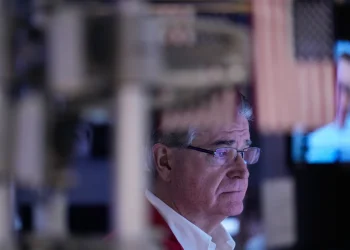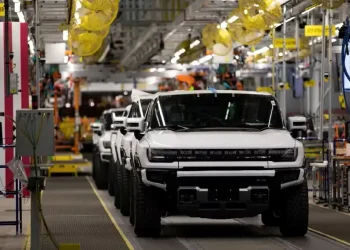Nissan and Honda End Merger Talks, Scrapping $60 Billion Deal
Key Takeaways:
Nissan and Honda have ended merger talks, abandoning a potential $60 billion auto group.
The deal faced challenges, including Honda’s proposal for Nissan to become a subsidiary.
Both companies will continue collaborating on electric vehicle (EV) technology despite the failed merger.
Nissan faces major uncertainty, while Honda remains financially stronger.
Nissan is pursuing a restructuring plan, including job cuts and capacity reductions.
Why the Nissan-Honda Merger Collapsed
Nissan (Japan’s third-largest automaker) and Honda had been in discussions to form a $60 billion auto giant, aiming to compete with Chinese EV makers. However, key disagreements, particularly over Honda’s proposal for Nissan to become a subsidiary, led to the breakdown.
Sources suggest Honda was in a stronger position, while Nissan struggled with ongoing instability.
Mitsubishi Motors, Nissan’s smaller alliance partner, also withdrew from the talks.
Industry Expert’s Take:
“Honda is pretty confident and has a lot in their favor, whereas Nissan is in a bad place. They don’t have a dance partner right now.”
— Christopher Richter, Japan Autos Analyst at CLSA
What This Means for Nissan
Nissan has not fully recovered from its leadership crisis following the 2018 arrest and ouster of Carlos Ghosn. Without Honda, Nissan is left to navigate a rapidly changing auto industry alone.
Key Challenges Facing Nissan:
Surging competition from Chinese EV makers like BYD.
Potential U.S. tariffs, which could impact profits.
Declining market value—Honda is now five times larger than Nissan.
Looking for New Partners?
Nissan is now open to working with other companies, and Taiwan’s Foxconn is seen as a potential new partner. Foxconn Chairman Young Liu stated that while they would consider taking a stake in Nissan, their main focus is on cooperation.
Nissan’s Restructuring & Job Cuts
In response to market pressures, Nissan is implementing a major restructuring plan:
9,000 job cuts announced in November 2024.
Global production capacity reduced by 20%.
Potential factory shutdowns, especially in China, where Nissan operates eight plants with Dongfeng Motor.
Production already suspended at its Changzhou plant as part of cost-cutting efforts.
Stock Market Impact
When merger talks surfaced in December 2024, Nissan’s stock surged over 60%, while Honda’s rose 26%. However, after the deal’s collapse:
- Nissan’s gains dropped to 21% ?
- Honda’s gains fell to 11% ?
Market Valuation Today:
- Honda’s market cap: ¥7.5 trillion ($48.6 billion)
- Nissan’s market cap: Nearly five times smaller than Honda’s
What’s Next for Nissan & Honda?
Both automakers will still collaborate on EV technology.
Nissan will continue restructuring and may seek new partners.
Honda remains financially stronger and independent.
The Japanese auto industry faces growing pressure from China’s EV dominance.
Will Nissan find a new partner, or will it struggle to keep up? Stay tuned.
This article was rewritten by JournosNews.com based on verified reporting from trusted sources. The content has been independently reviewed, fact-checked, and edited for accuracy, neutrality, tone, and global readability in accordance with Google News and AdSense standards.
All opinions, quotes, or statements from contributors, experts, or sourced organizations do not necessarily reflect the views of JournosNews.com. JournosNews.com maintains full editorial independence from any external funders, sponsors, or organizations.
Stay informed with JournosNews.com — your trusted source for verified global reporting and in-depth analysis. Follow us on Google News, BlueSky, and X for real-time updates.














